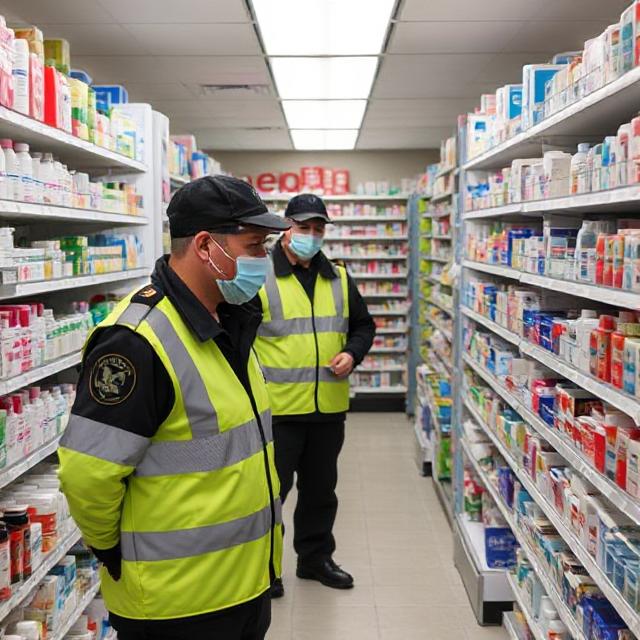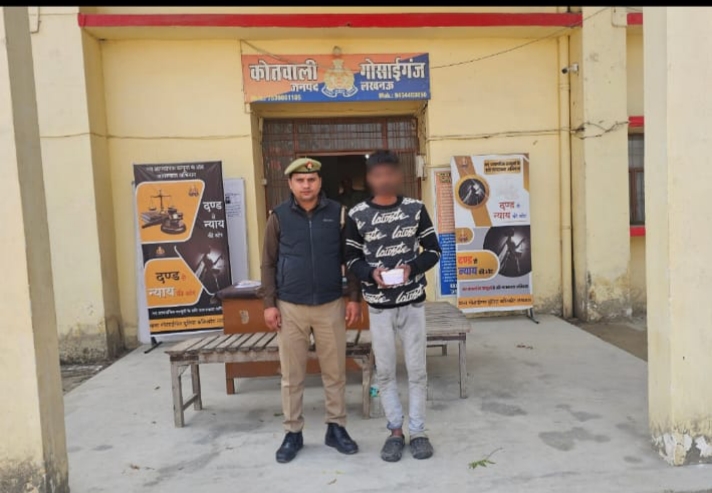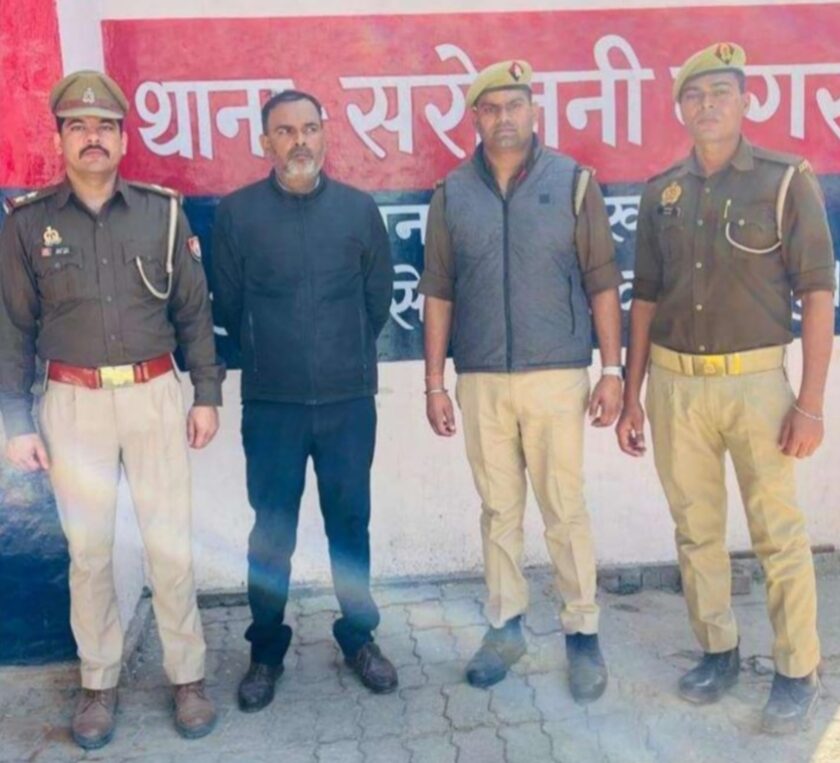Jhansi | A potentially dangerous pharmaceutical scandal has come to light in Jhansi, where a batch of substandard antibiotics manufactured by a Haridwar-based company, JP Healthcare, has triggered a regulatory crackdown. Acting on a failed drug sample report, the Drug Department raided a wholesale medical store, only to find the controversial stock missing. However, samples of two other drugs from the same manufacturer were collected and sent for laboratory testing, and a complete ban on the company’s drug sales has been imposed until further notice.
The Timeline: Four-Month Delay in Action
The case dates back to March 2025, when a drug inspector collected a sample of C-MAX LB 200 mg tablets from Shivshakti Pharma, located in Deendayal Complex. The tablet contains Cefixime 200 mg and Lactic Acid Bacillus, typically used for treating infections and gastrointestinal disorders. The sample was sent to the State Drug Laboratory in Lucknow, where it failed to meet prescribed standards.
Shockingly, despite the failure report, it took authorities four months to initiate concrete action. The delayed response has raised serious questions about the efficacy and alertness of regulatory bodies.
Raids Yield No Stock, But Investigation Deepens
Following the report, a special task force comprising Drug Inspectors Divyani (Jalaun) and Vinay Mishra (Lalitpur) was formed to conduct raids at medical stores and warehouses associated with the firm. However, no stock of the failed drug was found during the raid. Still, investigators collected fresh samples of two other drugs from JP Healthcare and sent them for analysis.
Cheap, Substandard Drugs Flooding the Market
Market sources revealed that JP Healthcare primarily produces antibiotics — among the most expensive categories of medicine. By cutting corners on formulations and using substandard compositions, the company allegedly sells antibiotics at significantly lower rates (₹150–₹200 per 100 tablets) compared to the usual ₹350–₹400. This price advantage fuels wide distribution, especially in rural and semi-urban regions of Jhansi and beyond.
The concern is grave: the labeled ingredients often do not match the actual contents, leading to the circulation of ineffective or potentially harmful medicines. Such practices not only undermine public health but also erode trust in medical treatment systems.

Regulatory Lapse and Call for Accountability
Industry insiders express concern that JP Healthcare has been operating unchecked for years, not just in Jhansi but across Uttar Pradesh. The latest action, though welcome, reflects a delayed response from the Drug Department, whose vigilance has come under scrutiny.
A senior Drug Control official confirmed:
“Until lab reports are received, all products from JP Healthcare are suspended from sale. If further violations are confirmed, stricter legal action will follow.”
This case underscores the urgent need for enhanced surveillance, faster lab processing, and proactive enforcement to safeguard public health from profit-driven pharmaceutical malpractice.
Authorities have promised further investigation, and if more violations emerge, JP Healthcare may face cancellation of licenses and criminal prosecution.










